
2940mg Wild Fennel 580 Seeds Imported Italian Heirloom Herb
Reduce the heat and keep warm. Add 1/4 cup (35 grams) salt to the water in which you cooked the fennel. Return to a boil and add the pasta. Cook until al dente. Set aside 1 cup (250 milliliters) of the pasta water, then drain the pasta and return it to the skillet with the sausage and fennel greens.

wild fennel flowers with this fennel we make a nice and digestable
Wild fennel is native to the Mediterranean, but has become widely naturalized in many parts of the world. It is considered an invasive plant, so please harvest and use as much as you want! It is often found along roadsides or disturbed areas, and is especially prevalent on the California coast.
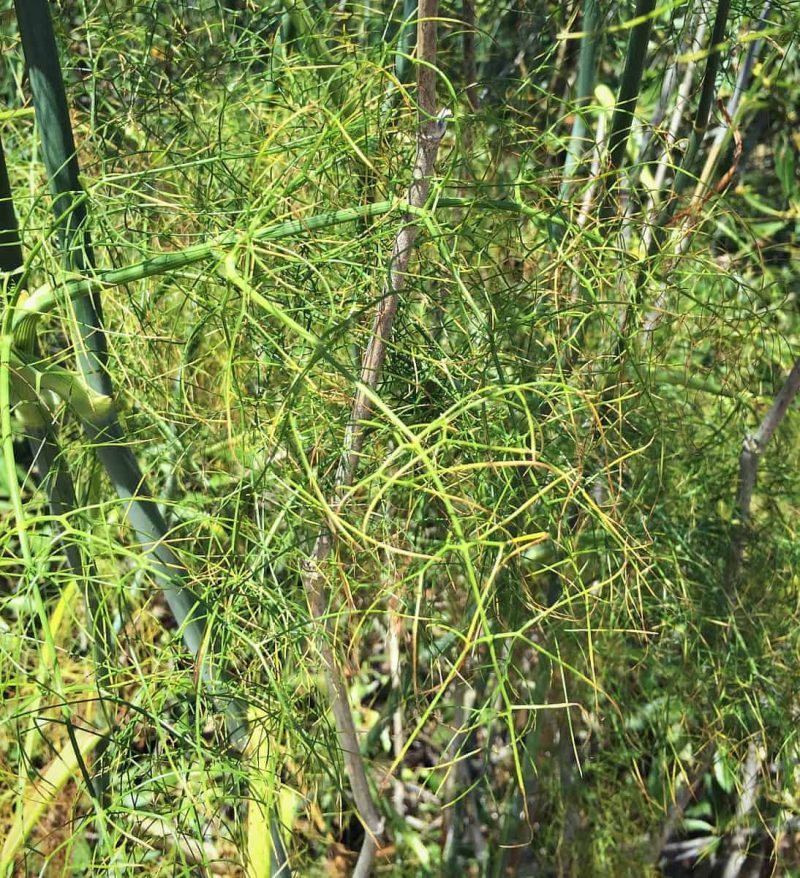
Foraging for Wild Fennel
Fennel: Find out how to identify this wild plant. How to forage and prepare fennel, and how to use it. Fennel recipes included! How to make fennel candy, use in cooking and desserts. Also--how to use fennel medicinally. If you have this herb growing near you, you are so lucky! #fennel #fennelrecipe #herbalism #herb #foraging #edible #wildplant.

CHICKPEAS SOUP WITH WILD FENNEL (Minestra di ceci con finocchio, erba
A tall umbellifer that can grow to 1.5-2m tall in favourable conditions. Leaves The leaves, which begin sheathed, are very finely branched and appear feathery. Flowers The flowering stalks are round in the cross section, and the flowers are arranged in umbels with tiny yellow petals. Seeds The seeds are oval and striped.

A Kihei Garden Cuisine Fennel Pollen A Culinary Adventure
How to identify wild fennel. Fennel has distinctive whip-like leaves. Identify your fennel plant using scent, just give the leaves a rub between thumb and forefinger. They should smell like aniseed, liquorice and sweet greenery all rolled up in one. The leaves and stem should be bright green, with the stem sometimes showing very pale lateral.
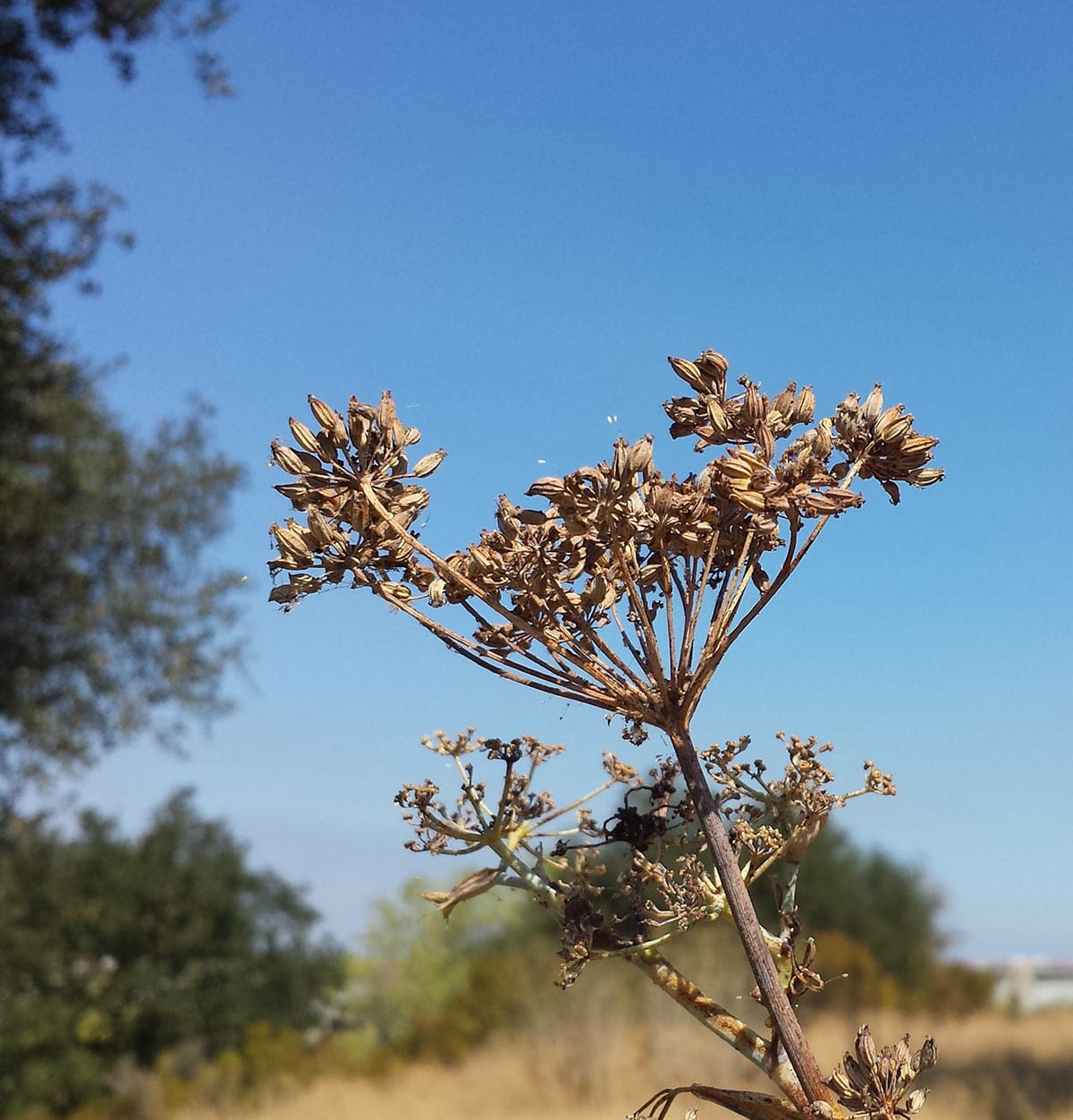
Wild Fennel How to Identify, Harvest, Cook and Preserve Wild Fennel
And while wild fennel doesn't grow a bulb at its base (at least, not one that we'd enjoy eating), it does offer something special that's even more coveted in the culinary world: fresh, warm, golden pollen. Fennel pollen is a rare and expensive spice much like saffron is, and in California, it grows with wild abandon.
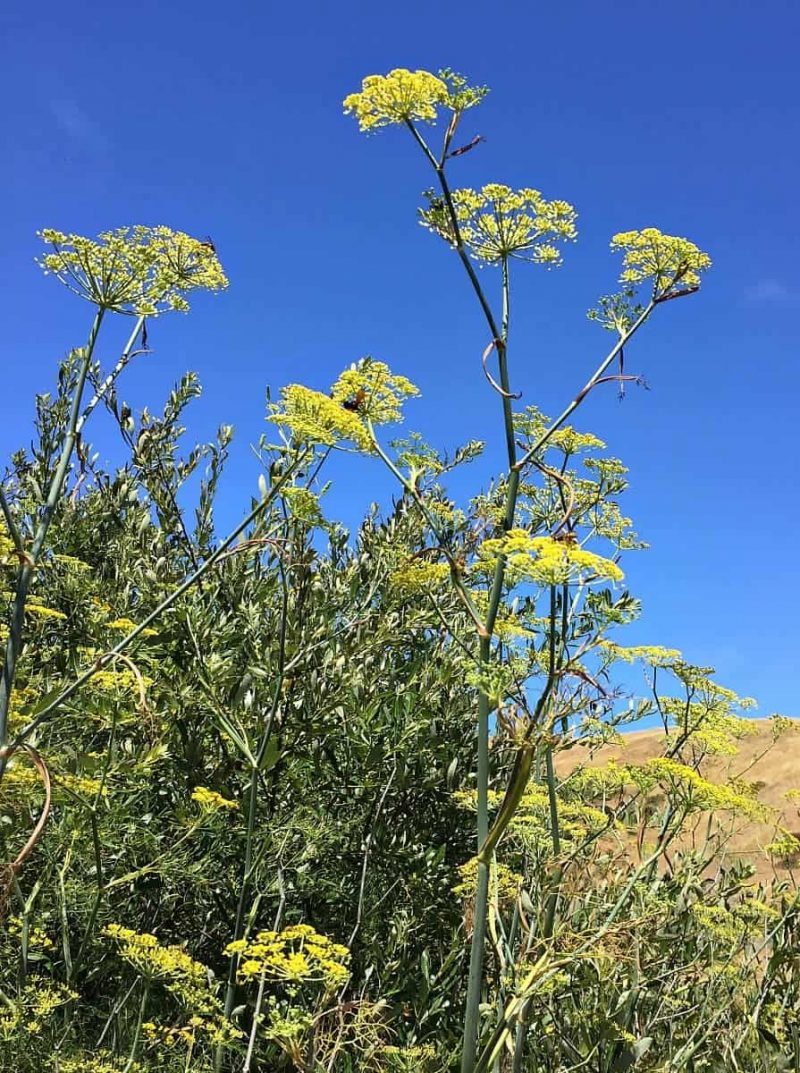
Foraging for Wild Fennel
March 11, 2021 by Nan Schiller Foeniculum vulgare Fennel, Foeniculum vulgare, is an aromatic Mediterranean herb in the Apiaceae (Umbellifer) family that includes carrots, celery, dill, and parsley.

Fennel, wild or homegrown, makes a tasty harvest
Wild fennel is an upright, green leafy and hardy perennial herb. It reaches as high as 150cm, and frothy long sprouts of fronds protrude from a long cane like main stem. During the spring the feathery green fronds sprout and grow throughout the warm months.
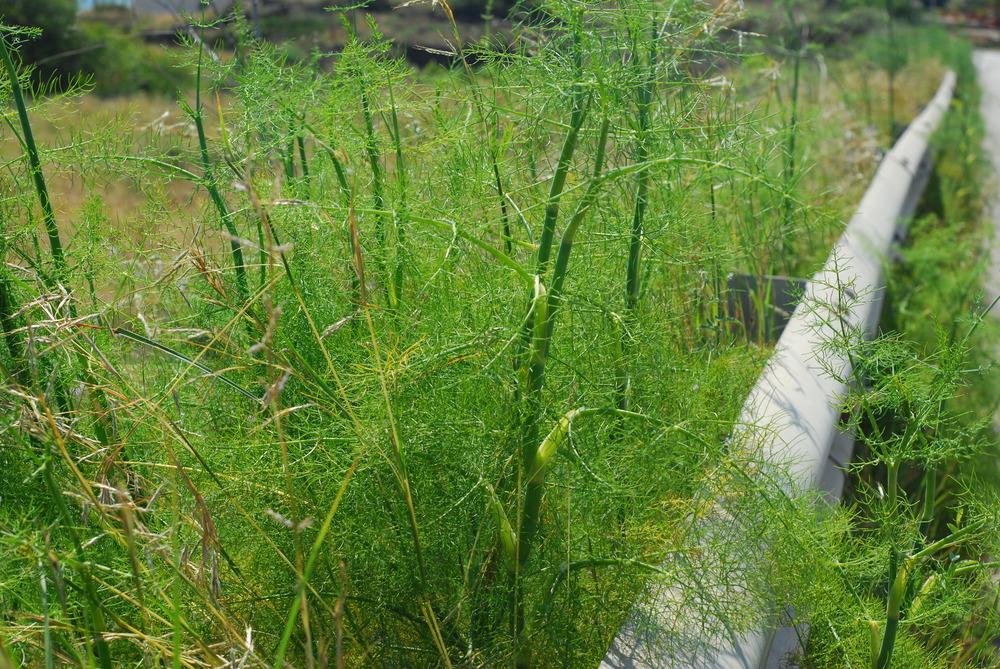
Feathery Wild Fennel Looks like asparagus to me
Fennel prefers well-drained, acidic soil with a pH between 5.5-6.8. Sow fennel seeds in an area that receives full sun. Planting Direct sow seeds in the early spring, once the soil has warmed. Direct sowing is preferred to indoor seed starting because fennel doesn't like to be transplanted.
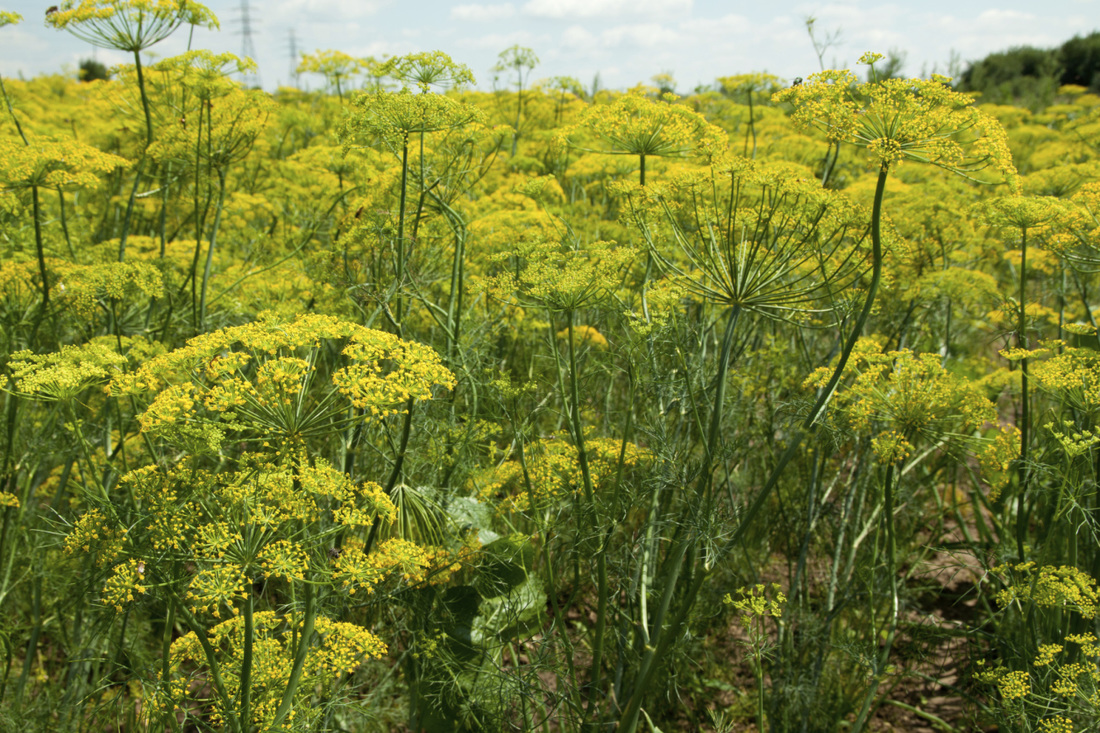
On fennel history and culinary uses
Wild fennel plant with some flowers and seeds How to identify wild fennel. When it comes to wild fennel identification (Foeniculum vulgare - more info here) the easiest and best way to identify it is to check if a particular plant looks like wild fennel.Once you establish that visually looks like it, then cut a few its leaves or flowers and smell it.

Wild fennel and spring saltmarsh salad Geoff's Fungi & Foraging
Wild fennel (Foeniculum vulgare) is a wild edible plant that grows in various regions and is known for its aromatic and flavorful leaves, seeds, pollen and bulbous stems. It's closely related to cultivated fennel and shares similar culinary and medicinal uses. 🍄 Foraging Guide How To Identify Wild Fennel?
Fennel The Northwest School For Botanical Studies
Wild fennel ( Foeniculum vulgare) is an upright, branching perennial that loves to grow in disturbed areas and near roadsides. Wild fennel is the exact same plant as garden fennel-it's just gone feral. The first wild plants I saw. It's everywhere along the roadsides in the San Francisco area.

How to forage for wild fennel seeds SFGate
The entire wild fennel plant is edible, including stalks, leaves, flowers and seeds. The leaves are often used in pasta, soups, to flavor fish, etc. Stalks, leaves, and seeds are used to flavor tea, and the seeds can be dried and stored for use as a spice.. Put 1 tsp of dry herb blend in tea strainer, add to saucepan with 2 cups water. Add.
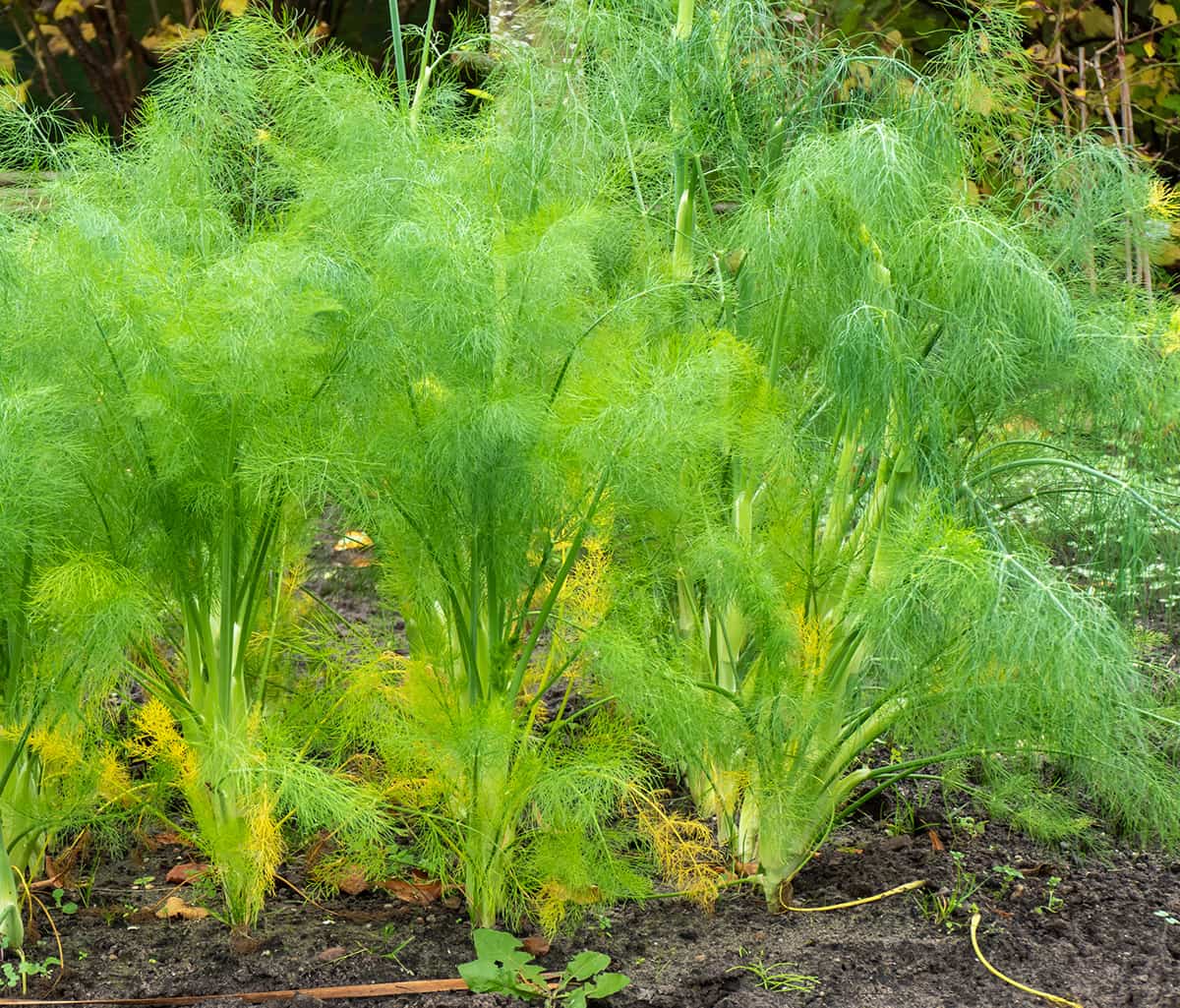
Growing Herb Fennel The Complete Guide to Plant, Care, and Harvest
Tough plants. Fennel is herbaceous, meaning it "dies" every year and regrows in spring; it's actually not dead, the root is just fine. According to the USDA, wild fennel grows all over America, except for the Intermountain West, Oklahoma (oddly), Vermont and New Hampshire, Indiana, Arkansas and Mississippi.

How to forage for wild fennel seeds
Description: An erect perennial herb, four to nine feet tall, with feathery leaves and a strong anise scent. Small yellow flowers, clustered in large umbrella-like groups (compound umbels) four inches across, are conspicuous from April through July. During growing season, plants include both living and dead hollow stems, or canes.
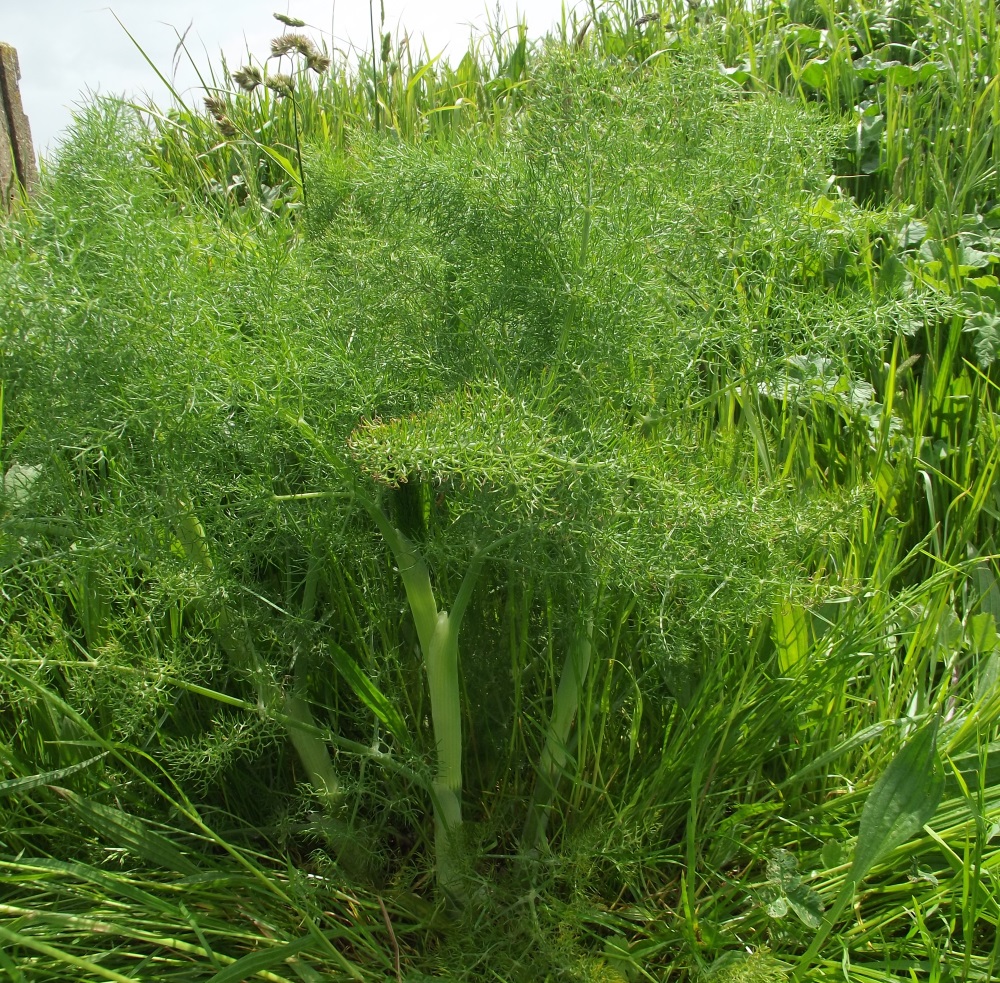
sea purslane Geoff's Fungi & Foraging
Description. Wild Fennel. This variety is grown for its leaves, pollen, and seeds; it does not make bulbs. Wild fennel fronds are used for flavoring fish and soups. Pollen from the pretty yellow flowers is considered a delicacy and is used for its intense flavor. Seeds, which are produced abundantly, have a strong fragrance and clean flavor.